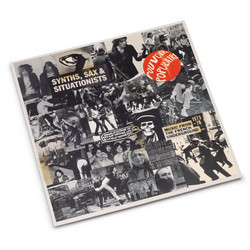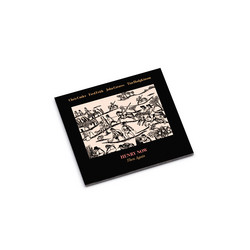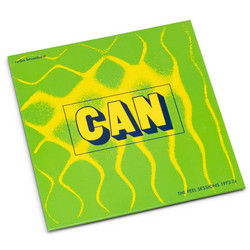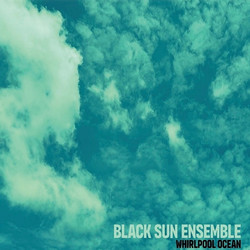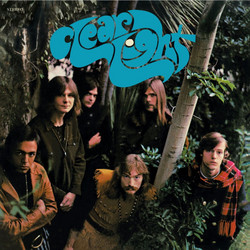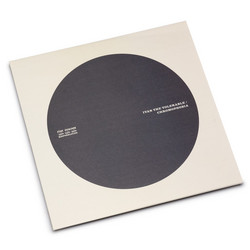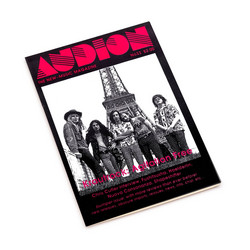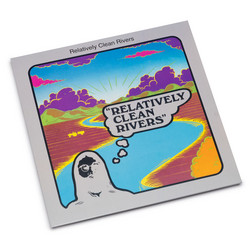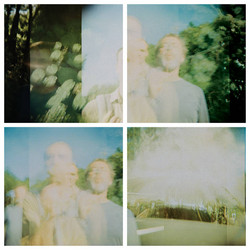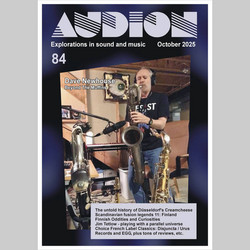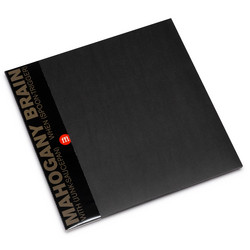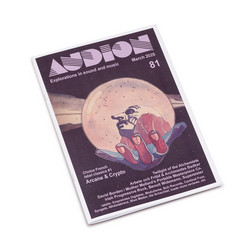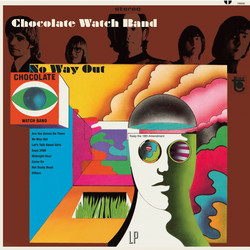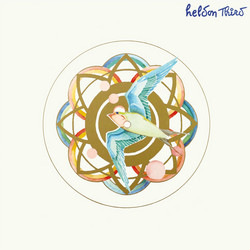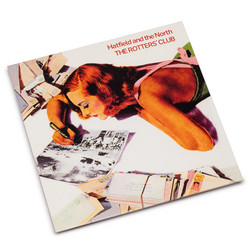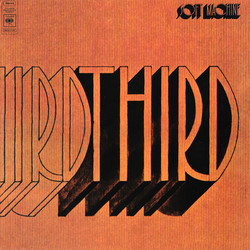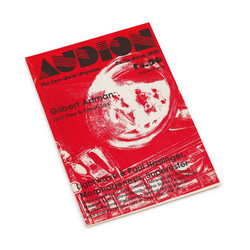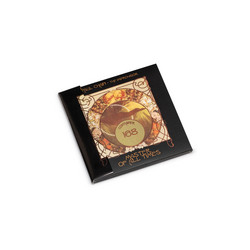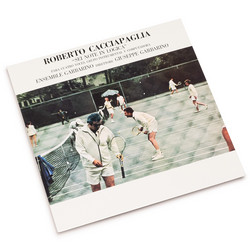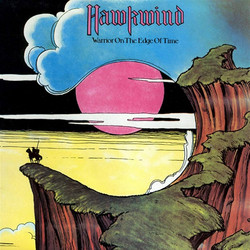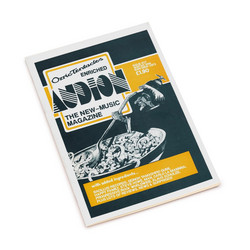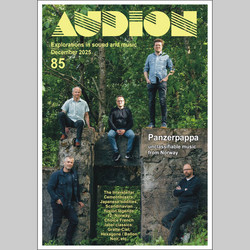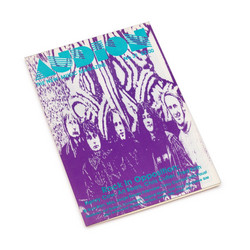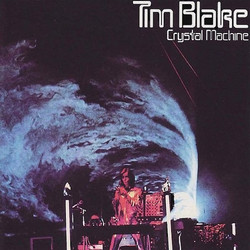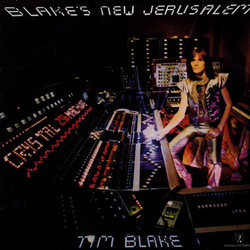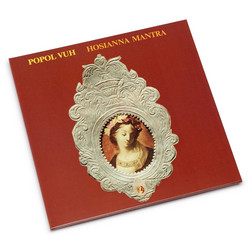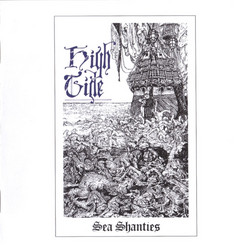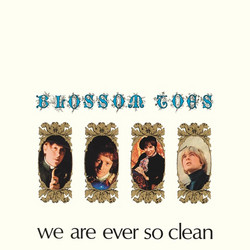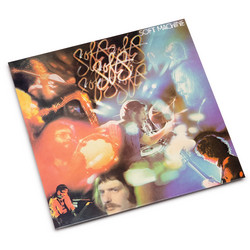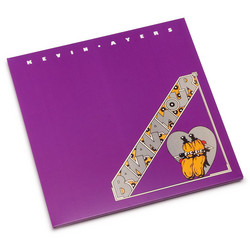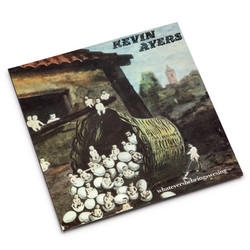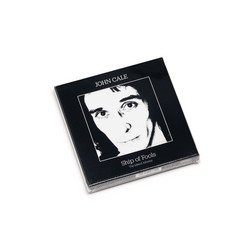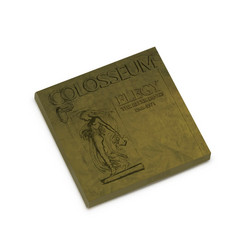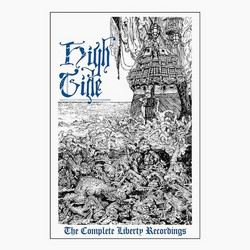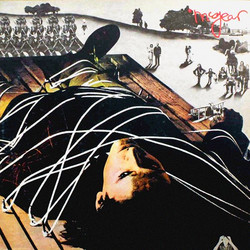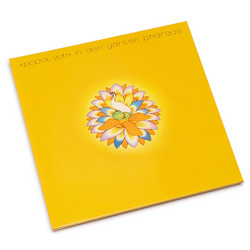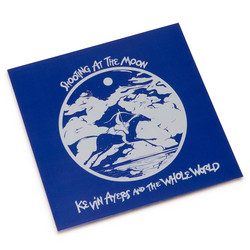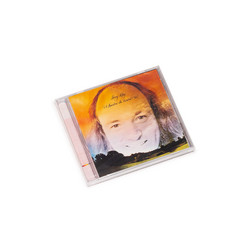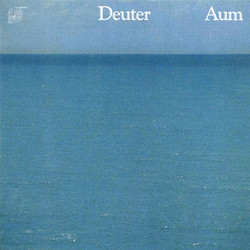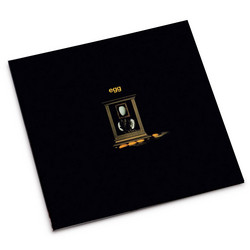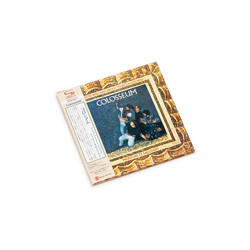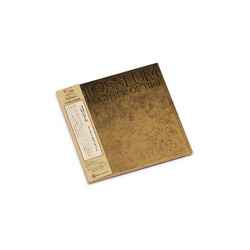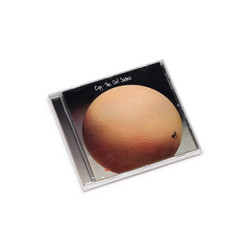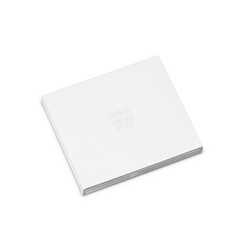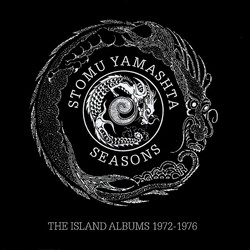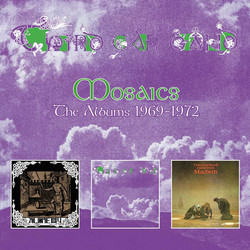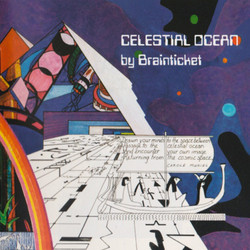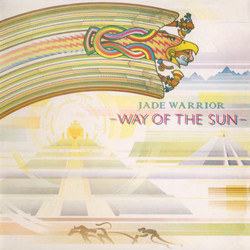Tim Blake
Crystal Presence (The Albums 1977 - 1991) (3CD)
Known principally for his work as part of both Gong and Hawkwind, Tim Blake cuts a curious figure as a solo artist. Neither entirely prog or electronica, the multi-instrumentalist was, nonetheless, responsible for two of the most underrated synthesiser-led albums of the late 70s. After Gong’s 1975 implosion Blake returned to France, where he’d lived for the previous four years. He founded Crystal Machine with lighting and sound designer Patrice Warrener as an audio visual feast, playing the Seasalter Free Festival in Kent in late summer 1976, presumably sounding like they must have come from another planet.
One track recorded there, Last Ride Of The Boogie Child, appeared on Blake’s 1977 debut solo album, also called Crystal Machine, a collection of tracks and live recordings that sounds ahead of its time – Metro/Logic, for example, is like something Eno & Byrne would produce a few years later. The 1978 follow-up, Blake’s New Jerusalem – a title suggested by Glastonbury founder Sir Michael Eavis – is his masterpiece. Intended to be instrumental, lyrics came to Blake nonetheless and the album begins with his delicate voice singing Song For A New Age, accompanied by acoustic guitar.
It’s soon back to synths: on Lighthouse, Blake intones a captain’s log, out on a search for where crystal people dwell; the meaty, beaty Generator practically invents Underworld. The side-long title track is rich with warmth and melody, belying the claim that synthesisers can only be glacial.
The third album in this box set, Magick, was recorded over one night in Blake’s windmill in Brittany in 1991. It reflects how technology had moved on – just because the keyboard offers handclaps, it doesn’t mean they have to be used – and has dated less well than his 70s work. A Magick Circle and Return To Clouds are classic Blake, and Tonight sounds like the product of a broken heart and several bottles of red, but it’s the lesser of the three albums here. - Daryl Easlea, Louder
